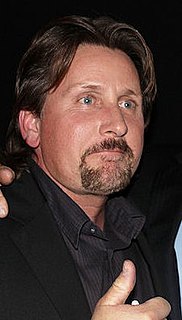A Quote by Edwin Way Teale
In nature, there is less death and destruction than death and transmutation.
Quote Topics
Related Quotes
If Nature denies eternity to beings, it follows that their destruction is one of her laws. Now, once we observe that destruction is so useful to her that she absolutely cannot dispense with it from this moment onward the idea of annihilation which we attach to death ceases to be real what we call the end of the living animal is no longer a true finish, but a simple transformation, a transmutation of matter. According to these irrefutable principles, death is hence no more than a change of form, an imperceptible passage from one existence into another.
Woman possesses the cosmic force of an element, an invincible force of destruction, like nature's. She is, in herself alone, all nature! Being the matrix of life, she is by that very fact the matrix of death - since it is from death that life is perpetually reborn, and since to annihilate death would be to kill life at its only fertile source.
By 'coming to terms with life' I mean: the reality of death has become a definite part of my life; my life has, so to speak, been extended by death, by my looking death in the eye and accepting it, by accepting destruction as part of life and no longer wasting my energies on fear of death or the refusal to acknowledge its inevitability. It sounds paradoxical: by excluding death from our life we cannot live a full life, and by admitting death into our life we enlarge and enrich it.
Someone's killed 100,000 people. We're almost going, "Well done! You killed 100,000 people? You must get up very early in the morning! I can't even get down the gym. Your diary must look odd: 'Get up in the morning, death, death, death, death, death, death, death - lunch - death, death, death - afternoon tea - death, death, death - quick shower ...' "
[There are, in us] possibilities that take our breath away, and show a world wider than either physics or philistine ethics can imagine. Here is a world in which all is well, in spite of certain forms of death, death of hope, death of strength, death of responsibility, of fear and wrong, death of everything that paganism, naturalism and legalism pin their trust on.





































